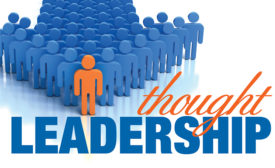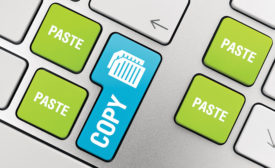Articles by Thea Dunmire JD-CIH-CSP
Telling "The Truth"
One of the ethical principles everyone knows is “Tell the Truth"
March 14, 2016
ISO 45001 — a missed opportunity?
Stakeholders have differing goals for the standard
March 1, 2016
Get our new eMagazine delivered to your inbox every month.
Stay in the know on the latest safety trends.
SUBSCRIBE TODAYCopyright ©2024. All Rights Reserved BNP Media.
Design, CMS, Hosting & Web Development :: ePublishing


